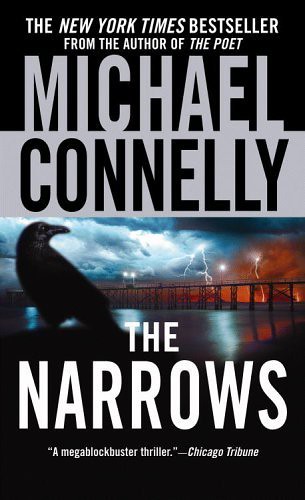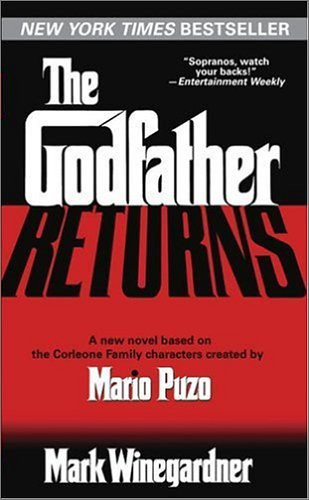
Oh, how wrong were we.
Epitaph’s original name is “Gidam”, which literally mean “peculiar tales”. The movie is a three part ghost stories, linked only by the fact that the main characters all work at the same hospital (year 1941), and the stories happen within days of each other. It is, in essence, a series of traditional campfire ghost stories, rather than plots.
 The first is about a dreamy young med student who is engaged to the hospital director’s daughter. However, days before his marriage, the corpus of a beautiful young woman arrives, and the student falls in love with her instead. This one, for me, was spoiled by watching the trailers and reading the synopsis (which I really don’t suggest doing. I haven’t found too many good synopsis, and they are either misleading or spoil the stories). The twist, however, came as a surprise for AxelA, who really enjoyed it. It was also suitably scary, kind of like the first hills on a roller coaster ride, before the big spins and drops come.
The first is about a dreamy young med student who is engaged to the hospital director’s daughter. However, days before his marriage, the corpus of a beautiful young woman arrives, and the student falls in love with her instead. This one, for me, was spoiled by watching the trailers and reading the synopsis (which I really don’t suggest doing. I haven’t found too many good synopsis, and they are either misleading or spoil the stories). The twist, however, came as a surprise for AxelA, who really enjoyed it. It was also suitably scary, kind of like the first hills on a roller coaster ride, before the big spins and drops come.The second one is about a young girl who is the sole survivor of a car accident that killed her mother and step-father. Despite not having a scratch on her, the girl is haunted every night by her mother. Doesn’t sound like much, but to say “the mother haunting the girl was scary” is like saying “sticking nails in someone’s eyes is not nice”. 1/3 through this story, AxelA curled up into a ball in her seat, and I was staring very intently at the seat back before me rather than the screen. Later we described it as “UN-FUCKING-NECESSARILY terrifying”. Scenes from this story still haunt me.
Here I have to clarify, I’m not a horror movie buff. Maybe Zombie would have just laughed in the face of this movie. On the other hand, my response to The Ring was that it was just suitably scary. I had my mandatory night of bad dreams, and then got over it. This was so much worse.
The third story made the entire movie all worth it. The wonderful opening line was “Back then, I didn’t realize my wife had no shadows.” The story is about a professor who not only finds that his beloved wife might be dead, but might also the one behind the series of brutal Japanese soldiers murders. While both the first and second stories had their own twists, this one has several, and none of them you see coming. I haven’t actually enjoyed twists like these since Rosemary’s Baby, Usual Suspect, Six Sense, etc. AND it was able to complete so much in the time of 1/3 movie. It uses great conflicting emotions, and even more complex psychology. It’s hard to say anything about the story without spoiling it.

What I find interesting is that the English tag line is “Love conquers all…even death”, but when I read the Chinese review, it seems the tag line there is “Death, the only cure for love.” Having seen the movie, I feel that those two, combine, represent the stories best.







